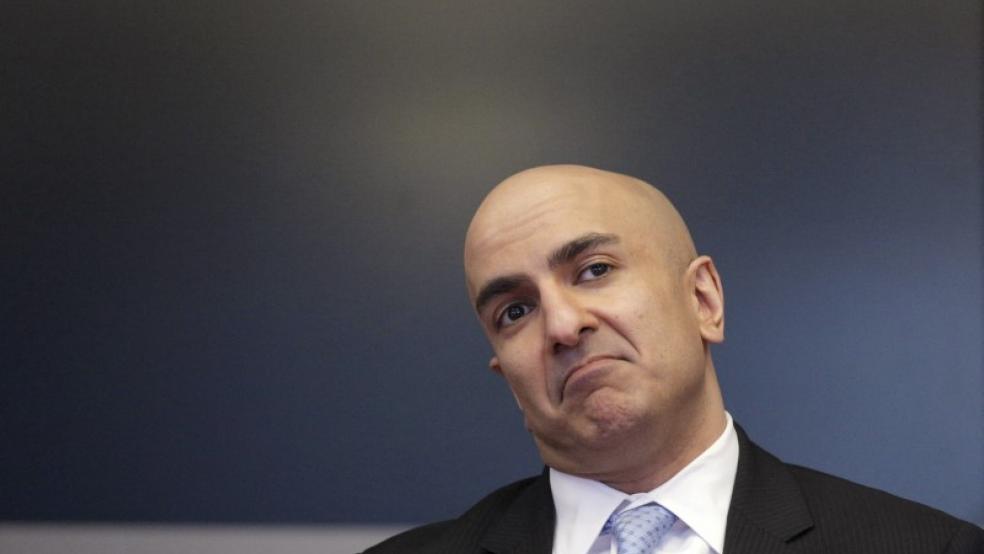WASHINGTON (Reuters) - The Federal Reserve will soon take up rules for insurance companies deemed "too big to fail" intended to head off risks to U.S. financial stability, Fed Governor Daniel Tarullo said on Friday.
It will also in coming weeks propose requirements on how much capital that firms across the industry should hold, he said in a speech to the National Association of Insurance Commissioners.
The industry has waited for more than five years to see the proposals, which are tied to the Dodd-Frank Wall Street reform law passed in 2010 after the financial crisis.
Under the law, federal regulators can determine that non-bank companies such as American International Group Inc
could put the entire financial system in danger if they fail, and require they take certain measures to stave off threats.Tarullo said he expects the Fed will propose standards for those systemically important insurance companies that build on the framework used for large banks and adjust for the unique nature of the industry. They will include requirements to ensure the companies have enough liquidity such as stress-testing and cash flow projections, he added.Prudential Financial Inc and MetLife Inc , the largest U.S. life insurer, have also been designated as systemically important, although a federal judge struck down MetLife's determination in March. The U.S. government is currently appealing the decision.The insurance companies largely welcomed Tarullo's comments, with a spokesman for Prudential saying it is "encouraged by the progress that the Federal Reserve is making in designing capital and liquidity standards tailored to insurance companies."CAPITAL REQUIREMENTS TO FOLLOW TWO TRACKS Insurers said the proposal on capital requirements that Tarullo previewed, which will affect a larger swath of the industry, will create a sense of certainty.Capital requirements, the amount of capital that regulators say a company must have on hand to ward off excessive borrowing or insolvency, are a complicated issue around the world for insurers. Companies say they are too diverse in size and structure to be able to adhere to one set of requirements. At the same time, international firms are concerned about variations between different countries' regulations."We need to move ahead with something that makes sense in our regulatory system for the specific nature of the two groups of insurance companies we regulate," Tarullo said, adding he hoped U.S. regulations will inform international standard-setting.The Fed's capital level proposals will follow two tracks: one for smaller holding companies that own banks and one for systemically important companies.For insurance holding companies, the Fed is looking into a "building block approach," where it would aggregate the capital across a firms different units to calculate a single requirement, he said. By using existing "capital frameworks that already apply to the various units," the proposed approach would create a "relatively low regulatory burden," he said.It would also produce capital requirements "reasonably well tailored to the insurance-related risks for each distinct jurisdiction and business line," Tarullo added.For the second set of requirements for systemically important companies the Fed is working on a "consolidated approach" using "risk factors that are more appropriate for the longer-term nature of most insurance liabilities," he said.The Fed would categorize assets and liabilities into risk segments, assess each segment, and then set a minimum ratio of the consolidated capital requirements to capital resources, Tarullo said.MetLife's Chief Risk Officer Stanley Talbi told the meeting after the speech that he was encouraged by the Federal Reserve's proposed approach for holding companies, but he found the other capital approach "problematic." He added Tarullo's comments had created "a little more certainty." (Additional reporting by Sruthi Shankar in Bengaluru; Editing by Jeffrey Benkoe and Bernard Orr)



